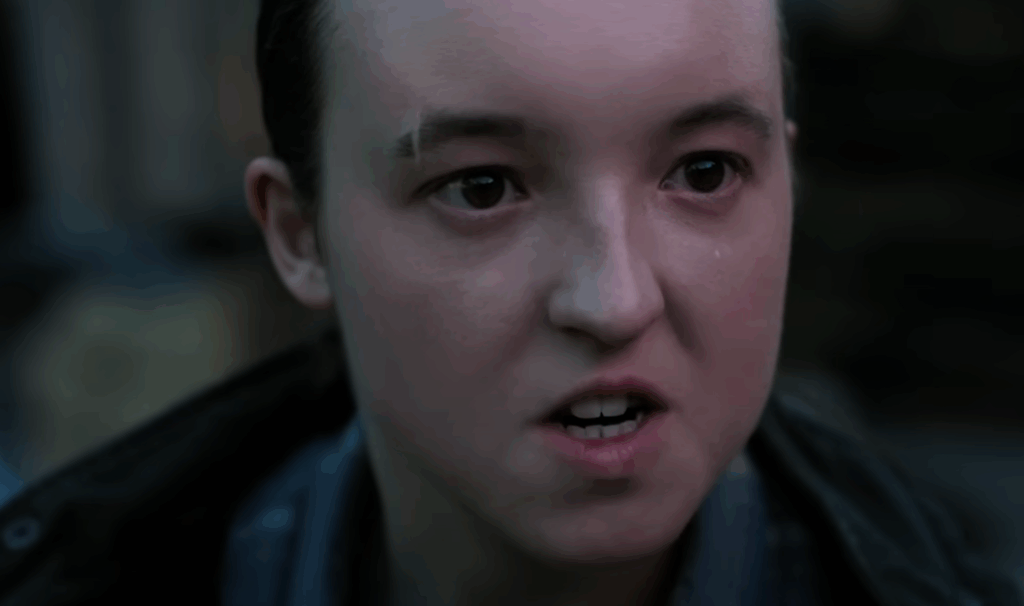Originally Authored at TheFederalist.com

There’s nothing more annoying than teenage girls. Hormones, boys, overbearing parents — being absolutely insufferable just comes with the territory. If you’re a parent, it’s what you signed up for. And in most cases, one day down the line, your daughter will admit you were right about everything.
This was a universal parental experience for just about all of history, until leftists decided to rewrite the rules a couple of decades ago. Responsible parents became potential “oppressors,” maybe even “domestic extremists,” while the new “woke” generation (looking at you, Greta Thunberg) was held up as wise beyond its years.
So it was a shock to see the season two premiere of The Last of Us on Sunday — a show best known for shoving a leftist agenda down our throats — circle back to some age-old wisdom. At its core, HBO’s hit zombie thriller is a character study of father-daughter relationships, one that doesn’t coddle or lionize teenage girls but depicts them in all their obnoxious glory.
Last year’s season one finale saw Joel and Ellie ride back to town after he saved her from scientists searching for a Cordyceps cure in her brain. After a long journey, she broke down and admitted she needed him; he softened up and admitted he cared about her. All’s well that ends well — until season two picks up five years later with the duo settled into a homey relationship, so much so that Ellie, now 19, pretty much hates his guts.
(Warning: mild season two spoilers!)
In five years of relative safety in their Jackson commune, Ellie went from willful little girl to teenage nightmare. We first notice her sleeve of tattoos. (Get it? She’s mature.) She lives in Joel’s garage, where she blasts loud music and barely acknowledges he exists. At best, she gives him a “nod around town,” like a “a stranger or some -sshole.” She talks back to authority figures and scoffs at being a part of the “community and sh-t.”
“I’m an adult, people can’t tell me what I can and can’t do,” she yells without a hint of self-awareness.
Yet age is just a number, and Ellie shows shockingly bad judgment, even for a 19-year-old. She’s training to be a ranger with the boys, to fight, shoot, and track down “infected” outside the village — a typical girlboss move. But in an unexpected twist for HBO, she’s not presented as smarter, stronger, or more intuitive than the male authority figures training her. In fact, they shut her down at just about every turn.
When she talks back and disrupts a mission brief, the captain pulls her aside to scold her. “Can you take things a little more seriously?” he says. That shuts her up for a bit but doesn’t stop her from disobeying orders once she’s out in the wilderness — and her recklessness puts the whole team in danger. Play stupid games, win stupid prizes.
She’s no better back home. In a training scene, we see her spar with a grown man twice her size and win. It’s a tired Hollywood trope that requires just a little too much suspension of belief; no girl could win that fight. But the show flips the trope on its head.
After the fight, she’s cocky, so her sparring partner tells her he pulled his punches. She doesn’t believe it, but the referee cuts in: If he didn’t, “he would’ve knocked you out.” Ain’t that the truth.
In short, Ellie is a typical teenage girl. She’s arrogant, angry at the world, and desperate to be seen as an adult. Except she has more reason than most to feel this way.
The story all plays out with a far more complicated moral backdrop than most parents have to deal with. Joel killed a bunch of people to save her in the season one finale and then he lied to her about it. She knows she never got the whole truth about what happened that day, and the rift of distrust grew as she entered her teenage years.
Like most parents, Joel’s riding out the storm the best he can. “It’s normal, her being 19 and me being, her, what I am — no one likes their parents at that age. We’ll get through it,” he says. In his therapist’s words, it actually is the “most boring problem ever.”
We’ll see how this rift grows or heals as the rest of the season shakes out. Teens are always going to resent their parents for the good choices made on their behalf, sometimes against their wishes, albeit usually not in matters of life and death. Joel and Ellie’s relationship adds an extreme element to this dynamic, but one that still pales in comparison to the bond shared between parent and child. Still, it all depends on the type of “normal” the showrunners ultimately want to depict.
Will Ellie mature and accept that Joel did what he did for her good as a father? Or will her arrogant girlboss attitude win an endorsement in the end? Let’s hope it’s the former, and HBO delivers on the nuance and grace these two characters deserve.
Gage Klipper is a writer based in New York. Previously, he was the culture critic at the Daily Caller and an editor at Pirate Wires.
